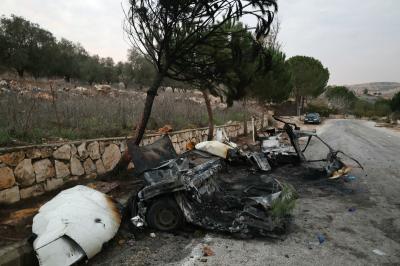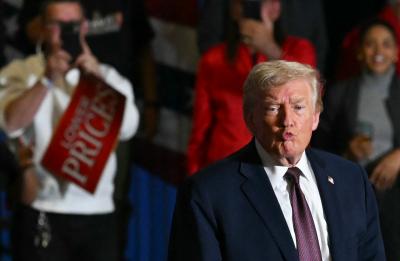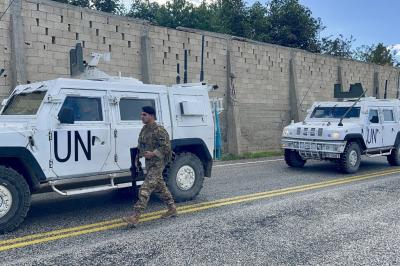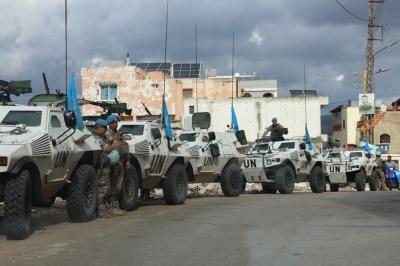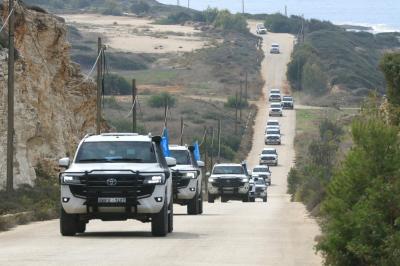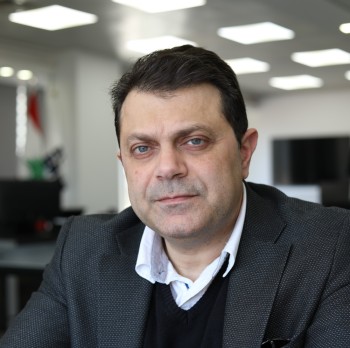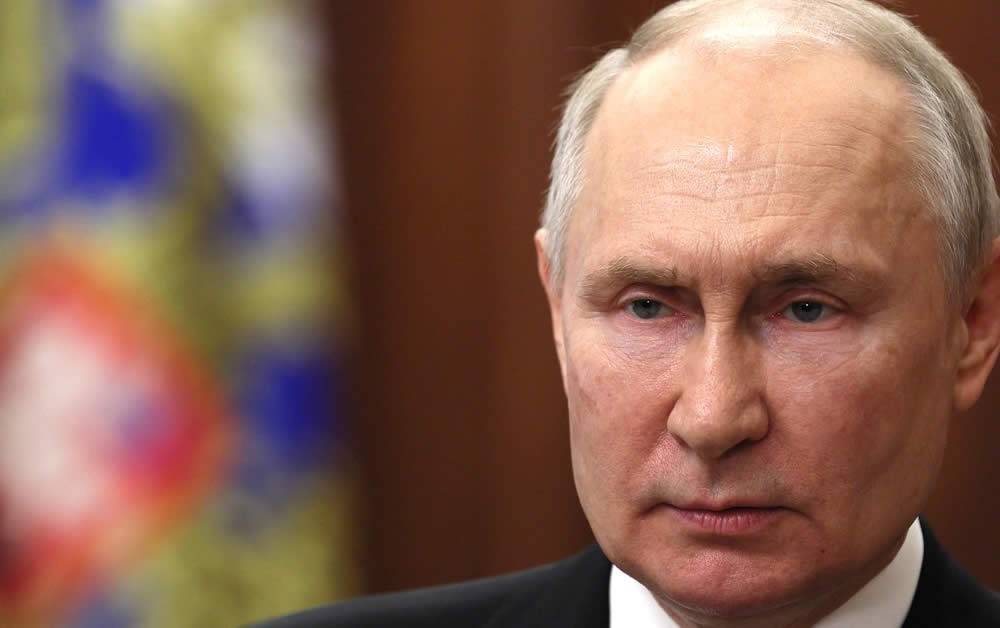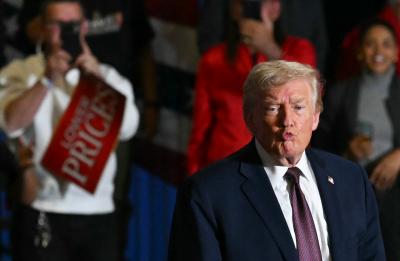The world holds its breath on this Saturday, June 24, 2023, as the undisputed leader of the formidable Wagner military group, Evgueni Prigojine, makes a stunning announcement: he is rebelling against the Russian military authorities. Like a daring figure, he orchestrates his troops from the frontlines in Ukraine, deploying a calculated strategy that leads them triumphantly to Rostov, a strategic city near the Ukrainian border. But Prigojine doesn't stop there: he solemnly declares his intention to march his troops to the capital, Moscow, to apprehend the Russian Minister of Defense, Sergey Shoigu, and General Valery Gerasimov, a prominent chief of the army's general staff. However, Prigojine goes beyond these striking actions; he substantiates his rebellion by accusing the Russian army of brutally bombing its own positions on the front, causing devastation among his ranks and shedding a river of blood. He implies the glaring incompetence of the military command, depicting a faltering management of the fighting in Ukraine and a treacherous conspiracy aimed at weakening the forces loyal to him. This deplorable situation plunges the country into uncertainty and shakes the pillars of Russian military power.
The Unveiled Context
At the heart of the crisis, a series of events unfolded on Friday when Prigojine released a video accusing Russian forces of bombing Wagner's positions, resulting in heavy losses among his men. He declared that his troops would embark on a march for justice against the high command of the Russian army. In response, the Russian Federal Security Service accused Prigojine of armed rebellion. General Sergey Sourovkin, deputy commander of the Russian campaign in Ukraine, intervened calling on Wagner fighters to return to their bases. However, Prigojine retaliated by directing his forces towards Rostov, a successful conquest that set the stage for his march on Moscow to settle scores with the Minister of Defense and the Chief of the General Staff. Wagner forces then stormed the city of Voronezh, located 500 kilometers south of Moscow, prompting the mayor of the capital to declare a state of emergency.
Faced with the rapidly evolving situation, Russian President Vladimir Putin intervened in a televised speech, accusing Prigojine of treason and undermining Russia, promising to crush the armed rebellion. This speech had a significant impact on Prigojine, who had sought to neutralize the Russian president and limit the conflict to the Minister of Defense and the Chief of the General Staff. The Wagner Group leader denied the accusations of treason, emphasizing that he and his forces were dedicated Russian patriots. A statement attributed to Prigojine was released, announcing that he would be the new leader of Russia.
In response, Chechen President Ramzan Kadyrov mobilized his forces towards Rostov, asserting his determination to eliminate the rebellion. Meanwhile, Russian military helicopters targeted a Wagner convoy heading towards Moscow, effectively halting the insurgents' advance towards the Russian capital.
Following the failure of the rebellion, Prigojine accepted the mediation efforts initiated by Belarusian President Alexander Lukashenko to peacefully resolve the crisis. On Saturday evening, Prigojine agreed to the mediation and ordered his troops to return to their combat positions in Ukraine, in exchange for dropping the charges against him by Moscow. On Sunday morning, Prigojine announced his intention to seek refuge in Belarus.
The Origins of the Crisis
At the heart of the recent crisis lies a rivalry that erupted last autumn between the Russian army, led by Defense Minister Sergei Shoigu and Chief of the General Staff Valery Gerasimov, on one side, and the Wagner Group, under the leadership of Prigozhin, on the other. Prigozhin strongly criticized the performance of the Russian army, accusing it of being responsible for setbacks during the first year of the Russian military operation in Ukraine. He even directly criticized the leadership of the Russian army in front of Vladimir Putin himself. However, on October 1, 2022, he declared to the media for the first time that the leaders of the Russian army should be sent barefoot to the front lines with only a machine gun.
In early 2023, tensions further escalated with the Russian army leadership due to military operations in Bachmut, which led Prigozhin to announce on May 5th that his forces were withdrawing from Bachmut, accusing the Russian army of failing to provide them with ammunition. He blamed the Defense Minister and the Chief of the General Staff for the thousands of injuries suffered by Wagner forces. During the same month, Prigozhin criticized the luxurious lifestyle of the children and relatives of the Russian army leaders, particularly Alexei Stolyarov, the son-in-law of Shoigu, who did not participate in combat in Ukraine. On May 27, 2023, associates of the Defense Minister accused Prigozhin of plotting to use the Wagner Group to overthrow the government in Russia, claiming that Prigozhin was actively violating Russian war surveillance laws by publicly criticizing the top Russian leadership. Prigozhin responded by stating that he did not have the necessary forces to stage a coup, accusing Shoigu in turn of seeking to overthrow the regime.
At the beginning of June, tension reached its peak following Prigozhin's announcement on June 3rd, claiming that the army had attempted to attack his retreating troops. Prigozhin used his own social media channels to disseminate a video in which he alleged that a Russian army lieutenant had confessed to ordering his soldiers to fire at Wagner forces. In mid-June, the Russian Ministry of Defense issued a decision requiring members of the Wagner Group to sign contracts with the ministry, a measure interpreted by Prigozhin as an attempt by the Defense Minister to diminish his influence over the group and facilitate a future rebellion.
The Scope of the Conflict Revealed
Allegations have emerged accusing Prigozhin of coordinating his actions with US intelligence services. According to The Washington Post, Prigozhin had previously offered the Ukrainian side to disclose the positions of the Russian army in Bachmut in exchange for the withdrawal of Ukrainian forces from the city. The newspaper claims that this proposal stemmed from Prigozhin's contacts with Ukrainian intelligence services, although Ukrainian authorities rejected the offer. Furthermore, Rebecca Collier, a former US intelligence officer, stated in an interview on Fox News: "I don't rule out the possibility of involvement by the Wagner elements in a plot orchestrated by NATO." Collier also highlighted the possibility that the US side may have struck a "deal" with Evgeny Prigozhin to foment a rebellion leading to regime change in Russia. However, some assessments by Western intelligence services suggest that these events could be a staged performance orchestrated by Russian intelligence services to expose Western intelligence agents operating in Russia.
However, in the absence of tangible evidence, prevailing assessments suggest that the events stem from a power rivalry between Prigozhin and the Defense Minister, pushing the commander of Wagner forces to engage in an unpredictable rebellion with incalculable consequences. In the hope of embarrassing the Defense Minister before Putin, the commander made this bold decision, but the Russian president now accuses him of treason. This situation may explain why Prigozhin quickly accepted the solution proposed by the Belarusian president, allowing him to leave Russia in exchange for dropping the charges against him. However, this raises a major issue in Russia, namely the relationship between the state, embodied by President Vladimir Putin, and Russian oligarchs, these business magnates hailing from the former Soviet republics. Western countries accuse Putin of coming to power in Russia with the support of these oligarchs in exchange for protecting their interests. However, this question may be much more complex. Putin witnessed the time when the state had absolute control over all economic, social, and political sectors during the Soviet era, and this contributed to its collapse. He also witnessed the disastrous effects of the absence of the state under Boris Yeltsin in the 1990s. Therefore, when he came to power in 2000, he sought to establish a balance between the state and the private sector, represented by the oligarchs, in the interest of the country. Nevertheless, the dilemma persists regarding the preservation of this balance to avoid favoring state domination over the private sector, or vice versa, in order to prevent crises like those of the 1980s and 1990s. It is crucial to maintain a stable relationship to avoid any disruptions that could trigger a crisis, as in the case of the Wagner rebellion.
Please post your comments on:
[email protected]
 Politics
Politics
